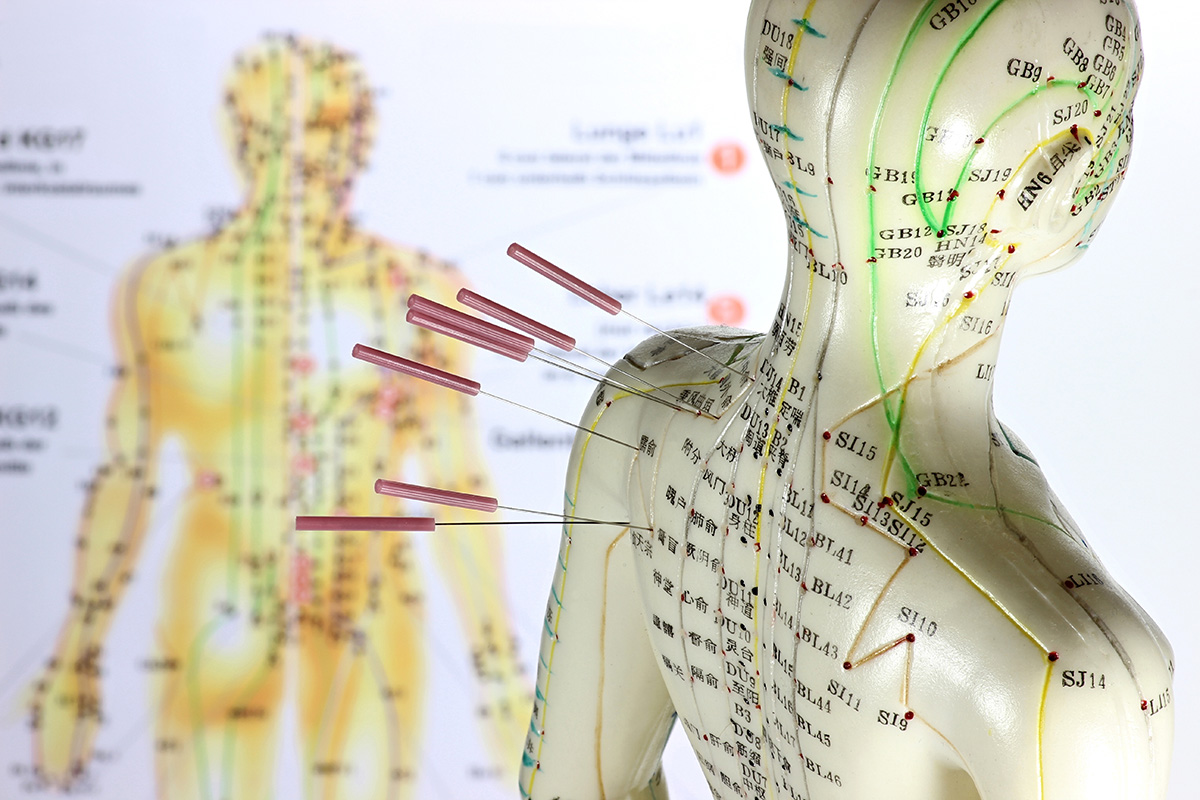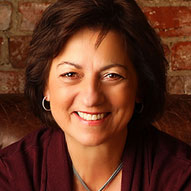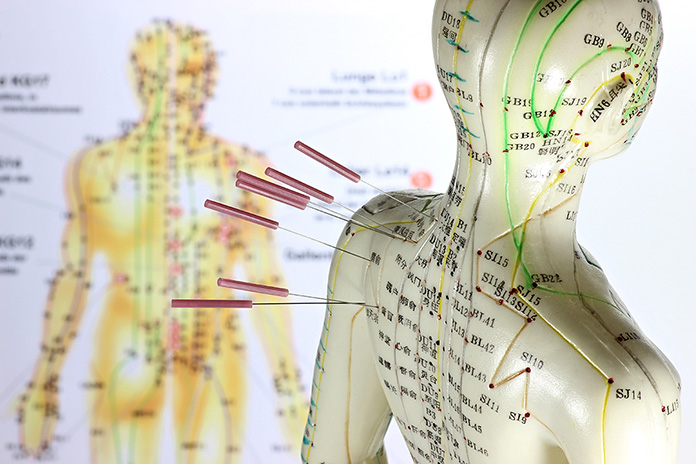
If you’ve ever been to an acupuncturist, you may be curious about how much education they have. Or you may wonder if they’re qualified to talk to you about things like your hormones, nutrition, your skin or the health of your lungs. You may also question if they know when you should see a doctor or go to urgent care.
Because acupuncture and Chinese medicine are considered alternative or complementary medicine, many people don’t know a great deal about what these therapies involve. And even fewer know anything about their acupuncturist’s qualifications or how they’re trained.
Let me begin with a caveat; the information contained here is relevant for acupuncture providers who have a Master’s degree or a Doctorate either in Acupuncture or in Acupuncture and Oriental Medicine. They are most commonly called Licensed Acupuncturists or LAc’s, but they can also be called a Registered Acupuncturist (RAc), Doctor of Acupuncture (DAc), Doctor of Acupuncture and Oriental Medicine (DAOM) or an Oriental Medicine Doctor (OMD). There are other health care providers who may perform acupuncture, such as chiropractors, physical therapists and even some Western physicians, however the education they receive varies from profession to profession, and it is usually focused on supporting their primary field of practice.
In addition, 47 states require acupuncturists to be licensed within their state. This typically involves passing exams from the NCCAOM (National Certification Commission for Acupuncture and Oriental Medicine). California is the exception to this rule, as they license acupuncturists to be primary care providers and therefore, have their own exams and licensure.
So, what does your acupuncturist really know? The answer is a lot. Their education involves learning about Chinese medicine, while at the same time studying Western medicine. Not only have they completed years of coursework, but they have also spent 600 to 1,000 hours in a clinic, treating patients under supervision. Their study of Chinese medicine involves knowing about its rich history, Chinese medical diagnosis, treatment theories, point location, proper needling techniques, accessory therapies, herbal medicine and acupuncture clinical medicine.
While they’re studying the theory and practice of acupuncture and Chinese medicine, acupuncture students must also have a good foundation in Western medicine. Therefore, their education includes:
- Anatomy and physiology
- Pathophysiology (what goes wrong when you’re sick)
- Emergency medical care, including CPR
- Western medical screening
- Western clinical medicine
- Nutrition
- Pharmacology, as well as drug and herb interactions
- Working in a germ-free space
- Western blood-borne diseases
Your acupuncture provider is trained to recognize when treating a patient’s health condition is beyond the scope of their practice. This translates into knowing when to refer a patient to a Western doctor for care and recognizing and knowing what to do in a medical emergency.
Most acupuncturists are also trained as herbal providers, which means they likely know more about herb and drug interactions than Western doctors. As an herbalist, your acupuncturist has been trained not only in the functions and properties of hundreds of individual herbs, but also in how those herbs are combined into therapeutic formulas. They have spent years understanding the nuances of using specific herbs and how to fine tune an herbal prescription as a patient’s conditions changes.
In addition to the study of herbal medicine, an acupuncturist’s education also includes understanding the properties of foods. In Chinese medicine, foods have certain properties and actions similar to that of herbs, although herbs are much stronger. However, maintaining health, healing illnesses and correcting imbalances through dietary therapy is an important component of Chinese medicine, which is why it’s included in the curriculum for acupuncturists.
Your acupuncture practitioner is also required to take continuing education courses each year to maintain their licensure. This keeps them up to date on new findings, therapies and techniques. And there are a number of areas of special interest in which your practitioner may expand their education and practice, including:
- Reproductive medicine
- Cosmetic acupuncture
- Scalp acupuncture for neurological or memory conditions
- Pediatric acupuncture
- Sports acupuncture
- Electroacupuncture
Some practitioners may choose to treat only certain kinds of conditions, such as mental health issues, eye problems or infertility.
So, if you’re wondering if your acupuncturist has the knowledge to make dietary recommendations, talk to you about your hormones or understand the physiology behind your slipped disc, the answer is yes. They have studied for three to four years, sometimes longer, and they need to have continuing education hours every year. They’ve learned about Chinese medicine alongside the foundations of Western medicine, with a lot of hands-on training in technique and practice. And if your condition is beyond their ability to help you, they have the knowledge to refer you to the appropriate health care provider. Your Licensed Acupuncturist or Doctor of Acupuncture is a well-educated health professional.

Cindy Chamberlain is an acupuncturist in Overland Park, KS and the founder of Eastern Healing Solutions, LLC. She is licensed in Kansas and Missouri and has been practicing traditional Chinese medicine since 1996.


